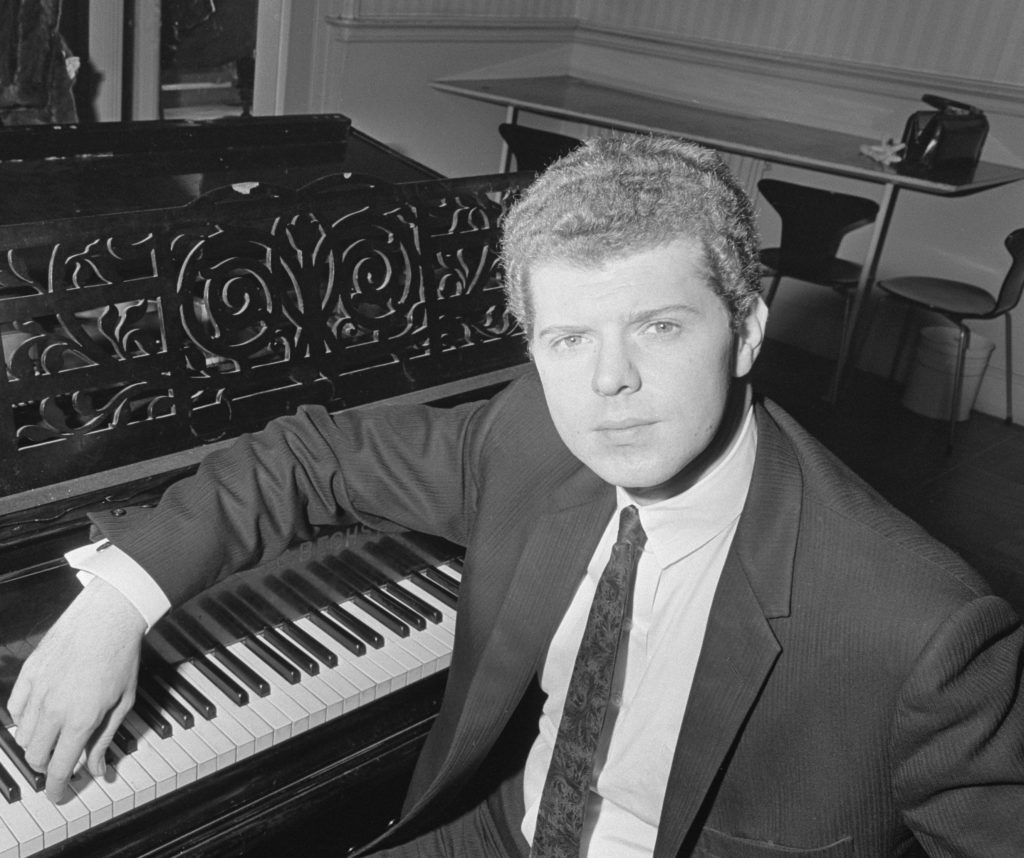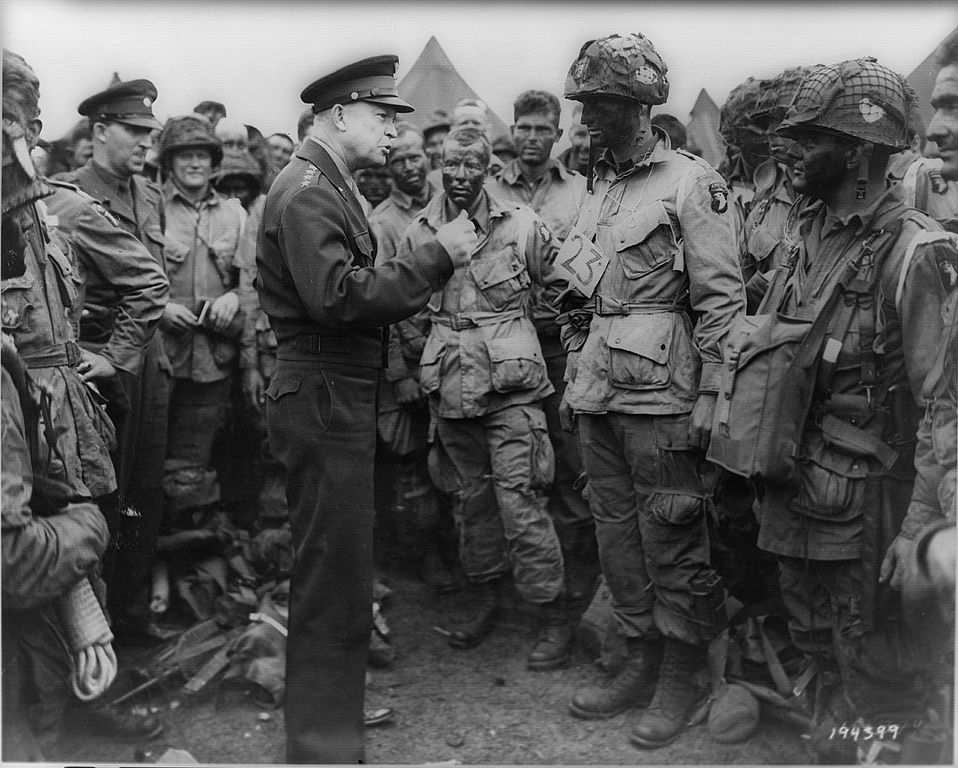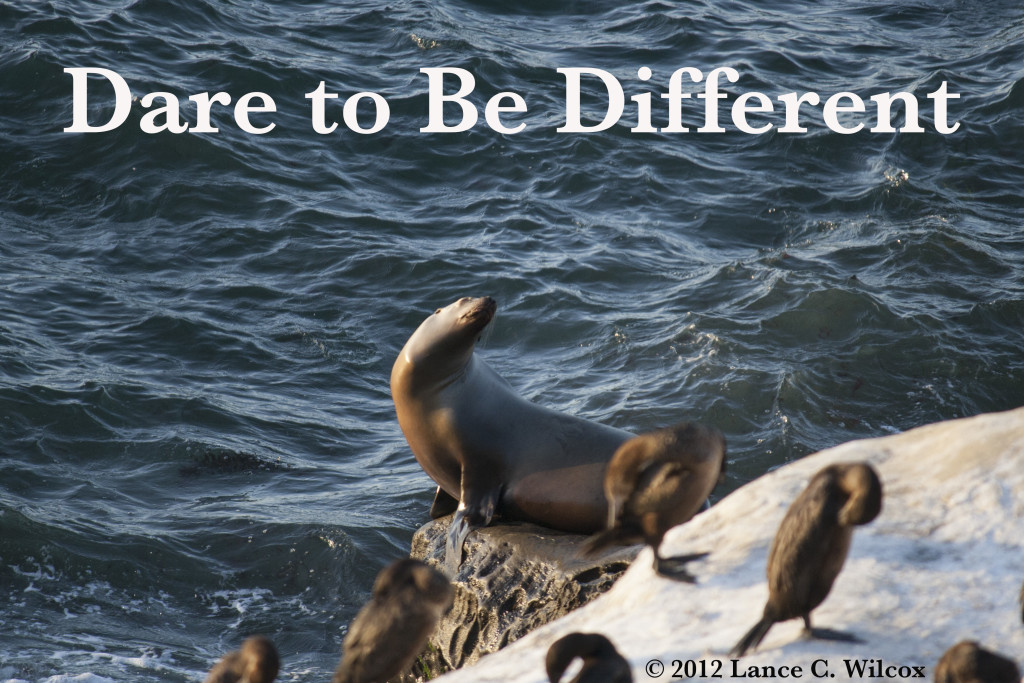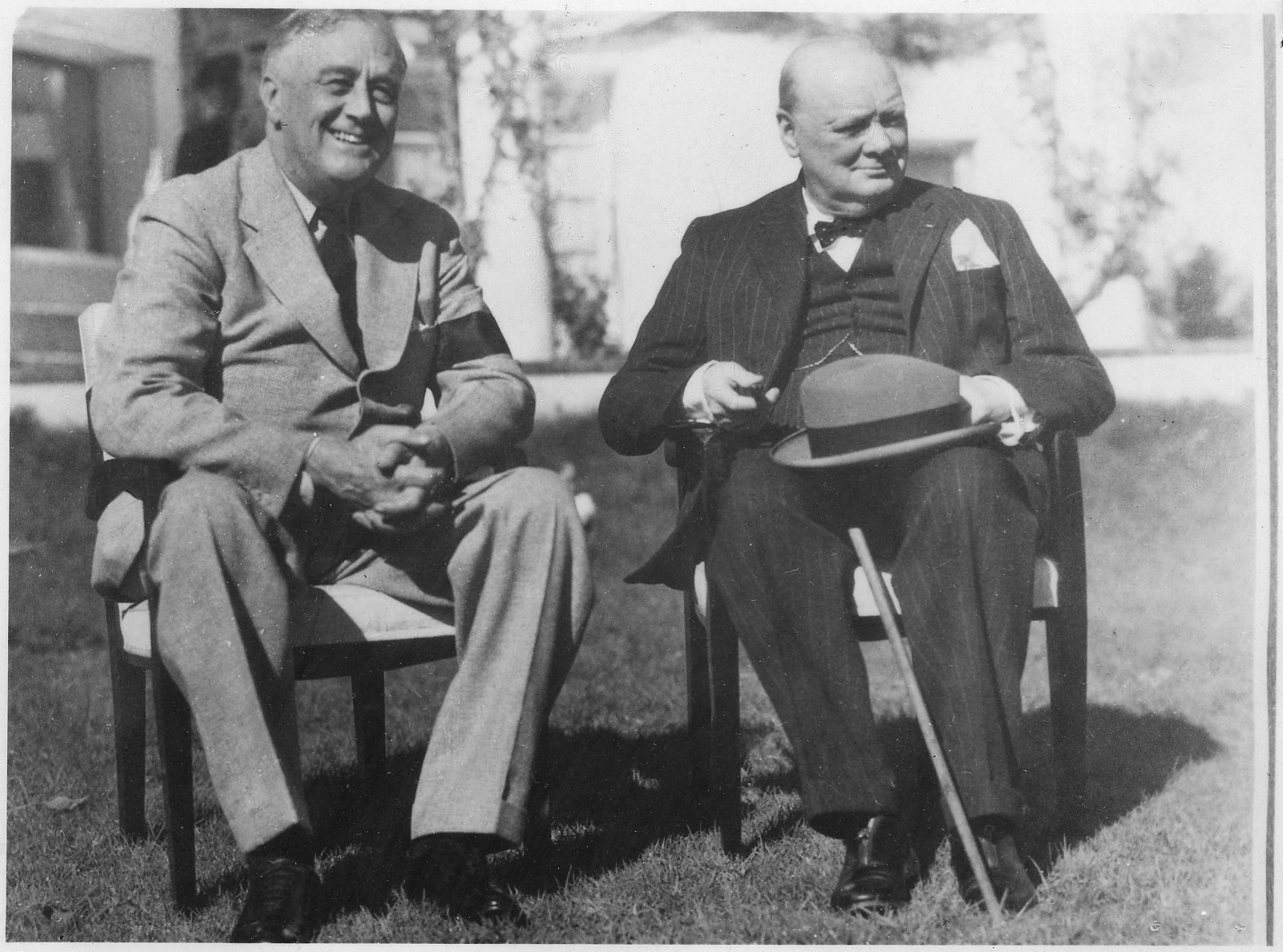Remember that scene in Rocky IV, where Rocky battles Russian boxer Ivan Drago in Moscow, and the Russian crowd begins to cheer for the American? When I first saw the movie in 1985, right before Mikhail Gorbachev’s reforms, I thought, “No way. This could never happen.”
But, in fact, it had – only in the concert hall rather than the boxing ring.
Back in 1958, the Soviet Union announced the first International Tchaikovsky Piano Competition, just months after they had launched the Sputnik, the first manned spacecraft to orbit around the earth. This competition was designed to build on the Sputnik success, to prove to the world that the Soviet Union was the dominant country militarily, scientifically, and now culturally.
At the time it seemed no one but a citizen of the Soviet Union had a realistic chance at the prize. First, the Russians truly did have – and still have – enormously talented classical musicians. If you look back at the greatest classical musicians of the last century, probably a majority were born in the former Soviet Union.
Beyond that, the competition emphasized music by Russian composers. And it was in front of the hometown crowd. And the judges were all Soviet citizens.
Still, the call went out to the best pianists in the world. And many responded, including a 23-year-old Texan named Van Cliburn.
In Moscow, Van Cliburn breezed through the early rounds, playing Chopin and Tchaikovsky. The final round posed the ultimate challenge: Rachmaninoff’s Piano Concerto No. 3. For a pianist, it’s a 40-minute sprint filled with immensely challenging solos. The pianist has to play fast, be technically precise and express deep artistic passion – all at the same time.
Van Cliburn blew them away. The Russian crowd gave him an 8-minute standing ovation. The judges, most legendary pianists in their own right, were astounded.
There was just one problem with declaring him the winner. This was 1958, and in 1958 the Soviet Union was still a totalitarian state, ruled by an absolute dictatorship.
So the judges went to the very top. According to legend, they approached Secretary General Nikita Khrushchev. Nervously, they asked, “Could we give an American the grand prize?”
“Is he the best?” Khrushchev asked. The judges nodded. “Then give him the prize!”
And so Van Cliburn became a hero – in both the US and the USSR. He returned to a ticker tape parade in New York City, the first and only time a classical musician was so honored. He remained famous in Russia to the day he died.

Van Cliburn proves that you can win over an audience, even when the odds seem stacked against you. But this is true only if you …
1. Raise Your Hand
You have to raise your hand, step up, lean in. You’ can’t win if you aren’t in the game.
Van Cliburn didn’t play it safe – and neither should you. At this stage in my career, I don’t regret the times I tried and failed nearly so much as the times where I never raised my hand.
But before raising your hand, be sure to …
2. Pay Your Dues
Van Cliburn only seemed like an overnight sensation. In fact, he had been playing the piano for years, had studied at Julliard, and had won other competitions. He learned from the famous Russian instructor Rosina Lhevinne.
The lesson? If you want to compete with the best, learn from the best.
3. Make Connections
Russian audiences loved Cliburn’s personality as much as his musicianship. He connected with them in ways that even their own countrymen couldn’t.
The secret to connecting is caring. Van Cliburn demonstrated that time and again.
In 2011, more than 50 years after his triumph, Van Cliburn made one of his many return visits to Russia. As always, he graciously greeted his fans. One elderly Russian, moved to tears, exclaimed: “‘He loves the whole world … There is enough of him for the whole world! This is a great heart!’”
It’s not the size of your network, but the size of your heart that makes the difference.
4. Have a Servant’s Attitude
As the only solo musician ever to have his own ticker-tape parade in New York, Van Cliburn could have developed a big ego.
He didn’t, because he saw himself as a servant. He gave back to his audiences, his community, and his art.
Richard Rodzinski, who directed the Cliburn’s own piano competition for more than 20 years, said:
“Serving’ is a big word in his vocabulary … He refers to presidents of the United States who serve a term, a queen who will serve her people. He feels he is serving the purpose of being able to bring beautiful music as he sees it, from his garden to an audience.”
5. Teach Your Audience About Themselves
Van Cliburn connected with his audience thanks to his skill, artistic vision, and servant’s heart. And he did more – he taught them about themselves.
Music journalist, pianist and composer Stuart Isacoff puts it this way:
”He played like an immortal, he played like a legend … He seemed to show them [the Russians] more of who they were than their own players were demonstrating.”
Russian pianist Olga Kern won the Cliburn Competition in 2001. Her musician parents heard and loved Cliburn in 1958 and played his recordings at home.
”I grew up on it,” Kern says, “and absolutely loved it. I loved how he transformed that music to a different level. He opened for Russian musicians how this Russian music can sound completely different: more melodic, more softer, more dramatic. It sounded so new and so fresh. It was incredible.”
So, pay your dues, raise your hand, make a connection, serve your audience, and, finally, show them something about themselves they may not even recognize. You may not win the competition, but you’ll win over your audience.




